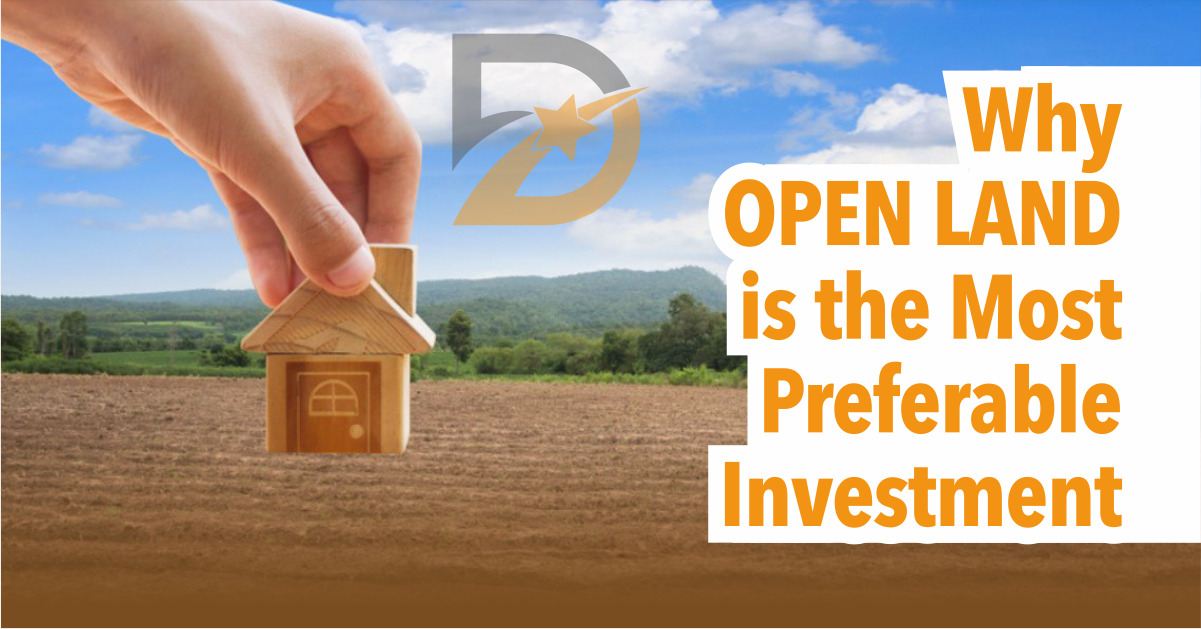Over the previous two decades, the value of land has soared by over 800 percent, making it one of the most popular investment options. Land acquisition has always been limited to huge development enterprises, farmers, and affluent people.
A residential-sized block of land would allow buyers to participate in future development advantages without having to purchase huge acres as a developer would. Many people are attracted to land investment because of its simplicity and openness. There are no hard principles for buyers to grasp; all they need to know is that land is in high demand. Purchasing land is easier and faster than purchasing a home, however, you should still consult a lawyer to safeguard your interests.
Unlike stocks and shares, a land buyer will always have a tangible asset to touch and use. Land values will almost always rise due to limited supply and demand, having already surged eightfold in value over the last twenty years.
Following completion, the new owner has complete authority over any maintenance, redesigning for development, obtaining planning clearance, and selling their property.
Traditionally, land investment was restricted to elite corporations, farmers, and affluent individuals; nevertheless, it is now possible for ordinary people to invest in land. Land agents, as they are known, acquire land from various sources and then sell it to customers, much like an estate agency does with houses. Some land agents specialise in selling land to long-term land investors. This land is frequently near sites that are being developed or are about to be developed, so it could be ready for development soon!
Land investment is quite straightforward and clear, with no hard issues to deal with, and there is always a need for it. Stocks and shares, for example, are not tangible, whereas land is! Following the completion of any land investment, the new landowner has authority over the land’s maintenance, planning permission, and potential sale. Any investor interested in purchasing or investing in the land will, of course, want to inspect the property first and learn everything they can about it before proceeding. With this in mind, it’s a good idea to keep your land in good condition. The location, development expenses, and community attitudes will all play a role in future land value.
So, as you may be aware, location is critical in determining the future value of the land; land located near a major highway connecting two towns will most likely increase in value! The higher the value of your land, the closer it is to a major road or town. The direction of growth is highly significant in determining which plots of property are most valuable, therefore investing in land in a developing neighbourhood will yield a higher profit.
Once a person has decided to buy a piece of land, he or she will need to consult a solicitor to draught a contract. They will also inquire about any future developments that may affect the land, such as the possibility of a large motorway being built next to your new piece of land, which will have a significant impact on its value.
Land is a long-term investment; therefore, timing is crucial. Furthermore, the majority of land does not generate a consistent stream of revenue. Many investors circumvent this by leasing land for allotments, tenant farmers, parking, or even a used car lot! While you wait for the value of your land to rise, this can help you make some money. It’s easy to see why land is becoming a more popular alternative investment!
